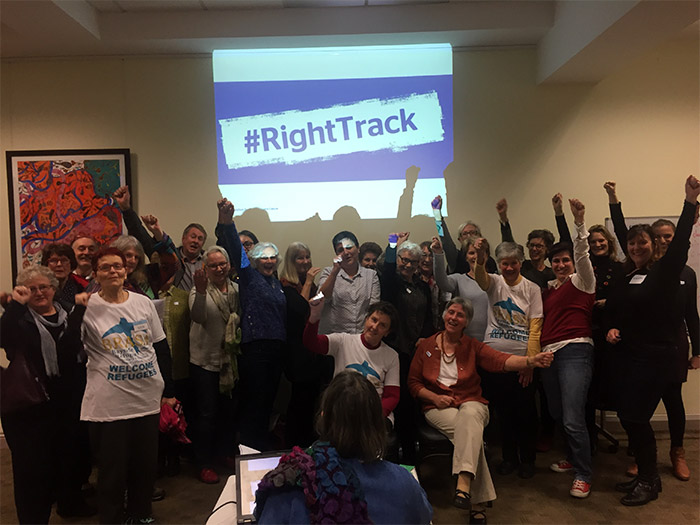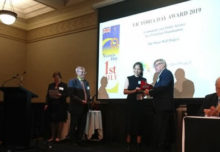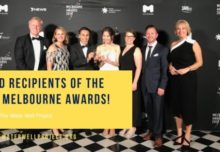We’ve all had the conversation. That conversation. Whether it’s over Christmas lunch, a work barbeque, or a friendly dinner. Someone brings up refugees and asylum seekers in Australia and somewhere inside you a light goes on. In fact, a fire blazes. You are ready, you have your statistics, your heartfelt pleas for compassion, and a burning zeal to ensure everyone at the table knows that we cannot stand for the cruel treatment of refugees and asylum seekers. But somewhere it all goes wrong. Eyes are rolled, the term “queue jumpers” is used, maybe voices are raised. And at the end of the day, despite your passion and your knowledge, nobody is convinced.

It’s a conversation that’s happening across the country, and it’s one that we now know is falling on deaf ears. In an extensive research project that spanned 6 months performed by the Asylum Seeker Resource Centre (ASRC) in 2015 entitled “Words that Work”, they categorically showed that the message we have been passionately doling out is in fact completely ineffective. The ‘status quo’ argument that refugees have a legal right to come to Australia, that seeking asylum is a humanitarian issue and not an issue of border security, that current mandatory detention in offshore facilities is cruel and inhumane – none of this is convincing anybody. And in their new #RightTrack campaign the ASRC is teaching us to give a human face to our arguments, and how we can start to recruit the people we have previously made uncomfortable.
Last month I attended one of their #RightTrack workshops. In a room full of people obviously bursting full of facts and outrage, it took a few attempts to change the way we had this conversation. And the strategies provided to us were remarkably simple. Refuse to engage with the negative framework that dehumanizes refugees and asylum seekers, use personal stories and experiences to highlight the current problems, provide people with a vision for a better way, and always assume that the person you are speaking to is a good person who believes in equity, justice and compassion. If we can have these values based discussions, rather than descending down the rabbit hole of facts and figures, blame and shame, we can touch a cord with those we speak to and maybe hope to change their minds.
Nobody is saying we shouldn’t be angry. We are all angry. Angry for the people we meet every day who are not treated fairly, who are separated from their families, who are wrought with pain and grief. But Trevor Noah, a comedian born in apartheid South Africa to a black mother and a white father, said it best: “You’re trying to win. Your anger doesn’t help you win.” And it hasn’t been helping us win. All of our efforts, however noble, however pure and compassionate, have not been helping us win. But maybe with these tools; maybe with strategic, thoughtful and optimistic conversations, we can start to win, and start to see real change.
For further details about the ASRC “Words that Work” workshops and the #RightTrack campaign go to https://www.asrc.org.au/campaigns/righttrack/




